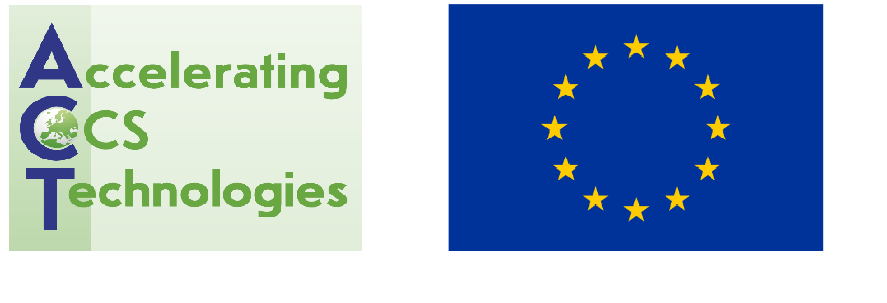The Clearwater Clean Energy Conference
/The next Clearwater Clean Energy Conference will take place in Florida, USA, 23-27 July 2023.
The Clearwater Clean Energy Conference has drawn attendees from around the globe to Clearwater, Florida, since 1989. This conference provides essential information to power generators who must meet the pressures of energy utilization in the 21st century. This conference has earned a reputation for excellence as one of the premier conferences on energy technologies as it has grown in size and scope since its inception in 1975. Increased demand – coupled with energy security issues and uncertainty in the oil sector – make this conference a must for those involved in all aspects of power generation who must meet the competitive pressures and ongoing environmental concerns. The technical sessions, short courses, and panels offer cutting-edge developments dealing with technical solutions to problems; specific strategies; projects; innovations; industry trends; and/or regulatory compliance will be offered. The program presents an extensive overview of emerging, evolving, and innovative technologies, fuels, and/or equipment in the power generation industry. The conference committee seeks papers from all countries worldwide.
Read more here


